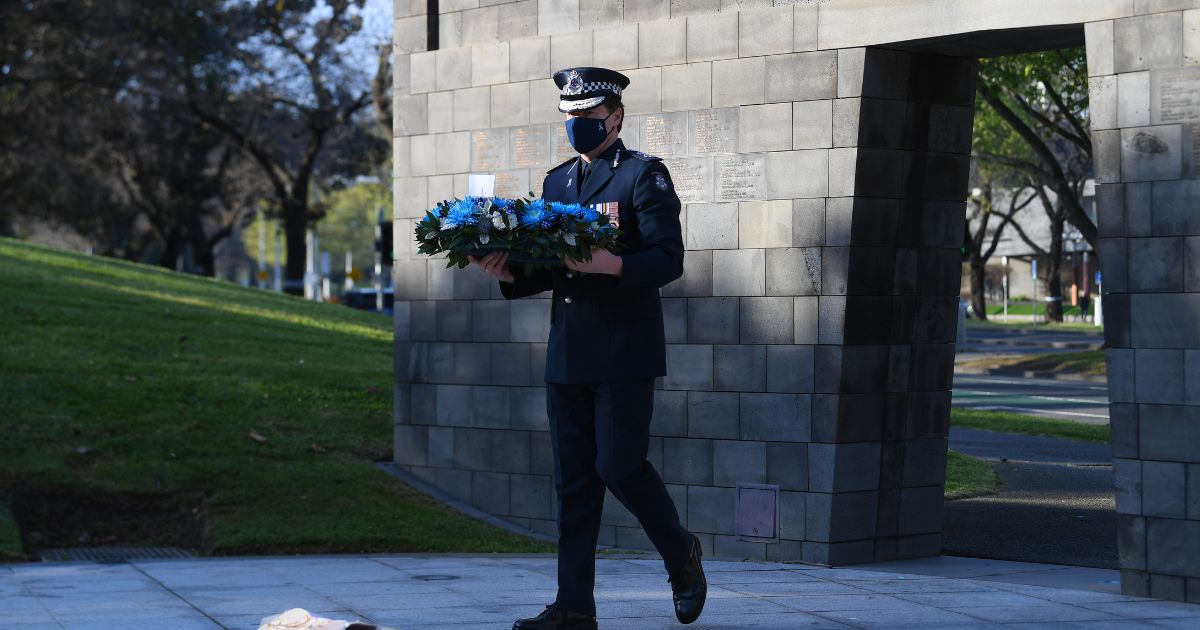Audit criticises worth of regional road barriers

The audit found the regional road barriers - such as wire rope barriers - were less cost-effective than previously stated.
AN AUDIT has been highly critical of the worth of flexible barriers on Victoria’s regional roads, finding that while the barriers saved lives and reduced injuries, they were not as cost-effective as originally stated.
The Victorian Auditor-General’s Office tabled its report, “Safety on Victoria’s Roads—Regional Road Barriers”, last week.
The audit’s objective was to determine if Victoria’s regional road barriers program was delivering its intended safety outcomes, and focused on the role of the Transport Accident Commission (TAC) and VicRoads in planning, installing, maintaining and monitoring flexible barriers installed under a program to make 20 of Victoria’s highest-risk rural roads safer.
Two of the highest-risk roads identified were in the Geelong region – a section of the Geelong Ring Road between Waurn Ponds and Corio, and the Great Ocean Road between Bellbrae and Anglesea.
The treatments, according to the audit, most likely reduced fatalities and serious injuries on the treated sections of road by 46.5 per cent, but this was below the individual crash reduction factors that VicRoads set for 17 of the 18 completed projects.
The Towards Zero Strategy states flexible barriers have been shown to reduce run-off-road and head-on serious casualty crashes by up to 85 per cent.
“If this result persists, then the projects will not achieve their expected benefits and the Top 20 Program will be less cost–effective than intended,” the report states.
“VicRoads did not sufficiently plan its flexible barrier installation projects under the Top 20 program. As a result, it is likely to spend at least 22 per cent more installing the barriers than it originally budgeted.”
Responding to the report, TAC chief executive officer Joe Calafiore told media that the TAC accepted all of the Auditor-General’s recommendations.
“We need to do a better job of planning and delivering these barrier treatments, there is no doubt about that,” he said.
“We do respectfully disagree with the Auditor General’s assessment of the road safety benefits. Not all barrier projects are the same, and when we arrive at those crash reduction factors, we work with not only the best experts from the Monash University Accident Reduction Centre, we also work with the best experts from Sweden.”
He said road safety experts needed at least five years of data to calculate the effectiveness of a barrier, but the barriers were already “saving countless lives”.

















